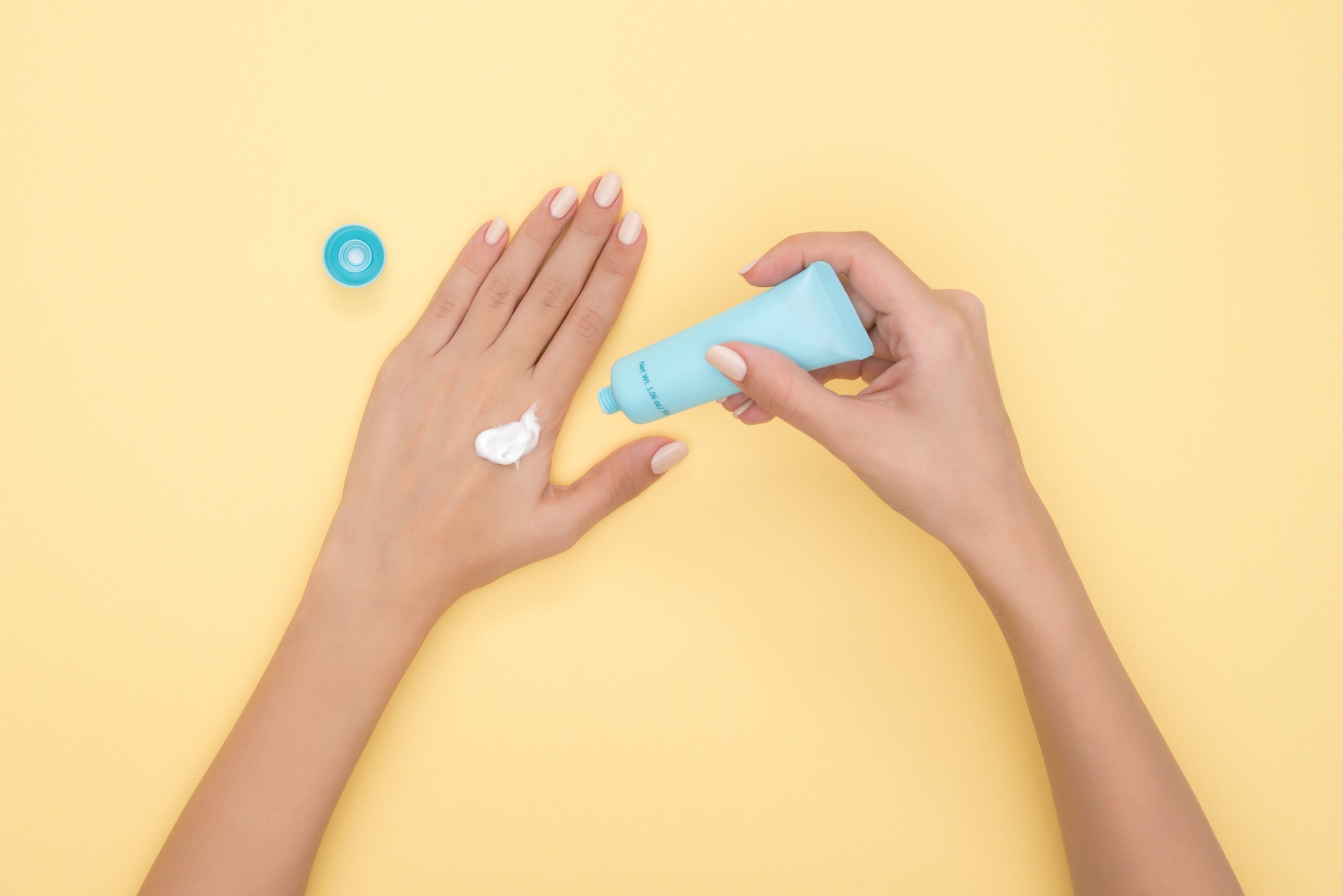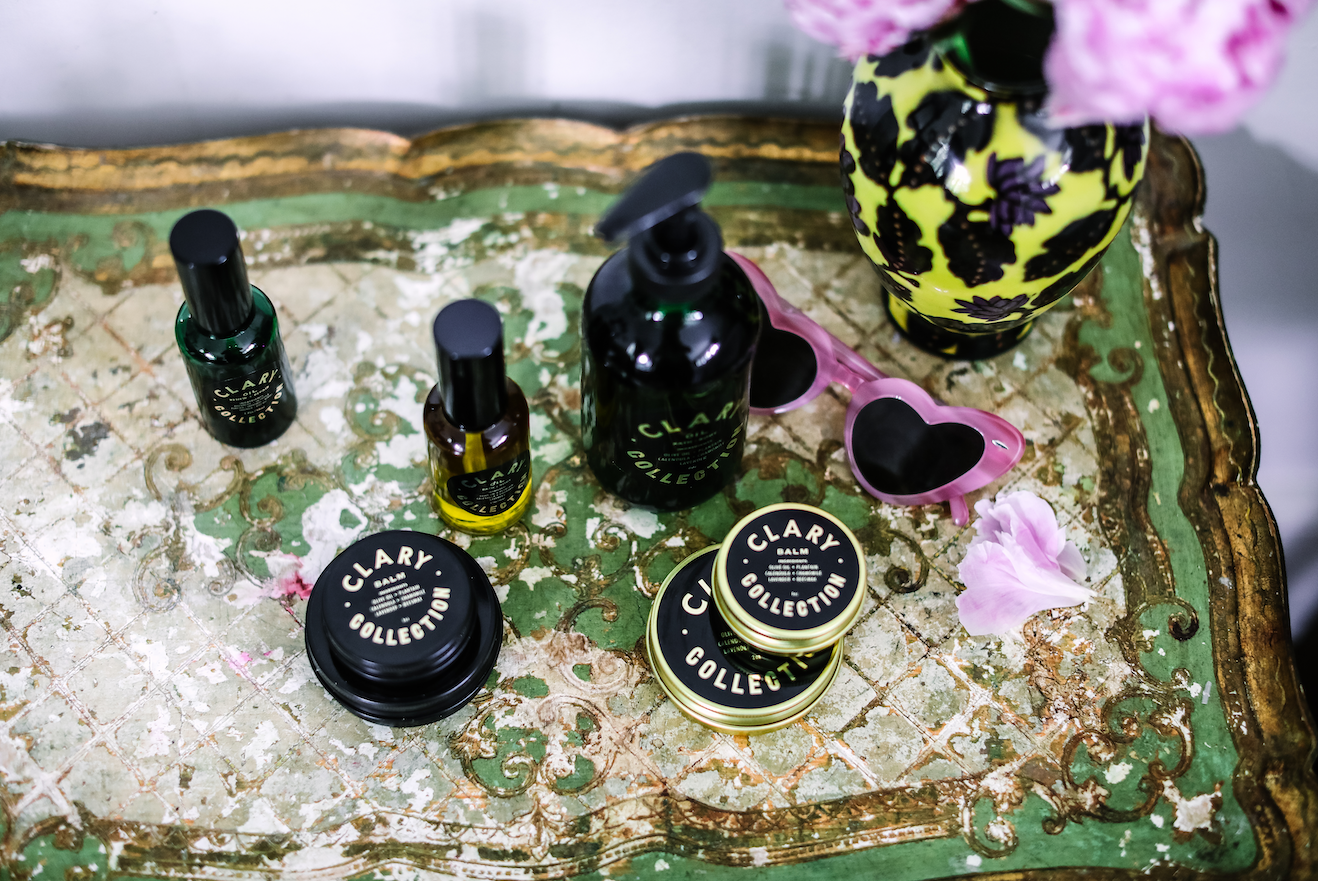Is Your Sunscreen Harming You?


Clary's top 2 Sunscreens for everyone.
BEAUTY COUNTER
If you’re planning a trip to the beach and searching for a sunscreen that’s as good for your skin as it is for the coral reef, this full-body lotion meets the requirements. Ingredients found in traditional non-mineral sunscreens, such as octinoxate and oxybenzone, are said to damage the beautiful coral (sad!), but this sunblock relies on non-nano zinc (the necessary size to not be ingested by the coral) to protect both your skin and the reef. Feels good, huh?:

CHECK YOUR LABELS + AVOID AVOID AVOID
Oxybenzone– a UV filter chemical with high rates of skin allergy and hormone disruption. It can weaken estrogen, and according to the Environmental Working Group, is associated with altered birth weights. Several lab studies have also found that when absorbed into the skin, it can encourage changes in skin that can lead to cancer by increasing the production of free radicals.
Octinoxate – a chemical with widespread use in in American sunscreens, it causes reproductive and thyroid disruptions. Similar to oxybenzone, octinoxate has been shown to increase the production of free radicals on the skin. Read: it’s actually worsening the effects of UV exposure, not helping.
Homosalate – a chemical that absorbs UV rays, and also disrupts estrogen, progesterone, and androgen production. Several studies have shown that homosalate can increase the number of pesticides absorbed through the skin.
Octocrylene – a chemical that causes high rates of skin allergy in addition to increasing your sensitivity to UV rays by acting as a photosynthesizer.
0 comments



